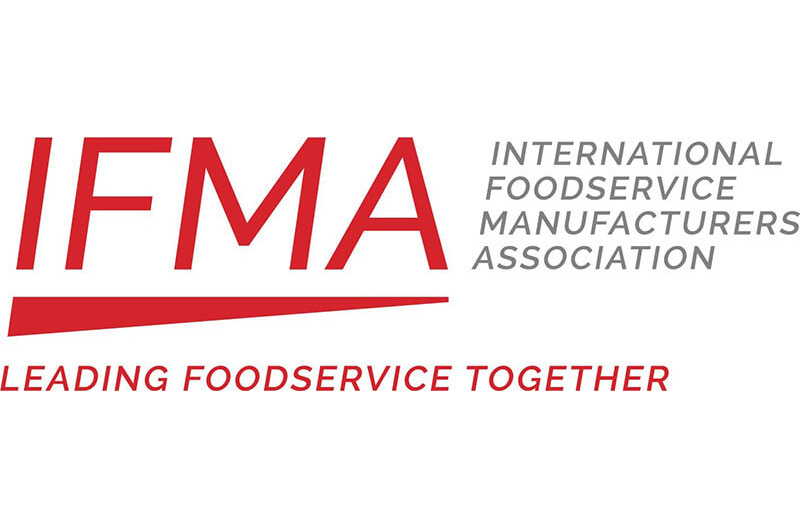The International Foodservice Manufacturers Association published its 2022 foodservice industry and segment growth projections on its IFMA Scope platform. Due to recent volatility in the marketplace, the projections utilize calendar year 2019 as a benchmark and are based upon several key assumptions, including COVID-19 vaccine availability, domestic and international travel and government regulations and mandates.
The forecast models were created in conjunction with Datassential, a foodservice research firm, and validated by operators from the Foodservice Leadership Councils, who act as advisors to IFMA and its board of directors. While the industry will not yet reach 2019 operator spend levels in 2022 (4 percent decline), IFMA projects 4.9 percent growth in 2022 compared to the current year.
“While 2021 was a growth year compared to the difficult 2020 our industry faced, we are still not completely back to where operator spending was in 2019,” said Larry Oberkfell, IFMA president and CEO. “With continual changes in COVID-19 safety guidance, along with supply chain and labor challenges, our industry is still facing a number of headwinds.”
Some of the key highlights from the segment comparisons to 2019 include:
- The total restaurant category – including full-service and limited-service restaurants – is projected to nearly return to 2019 levels by end of 2022 (2 percent decline);
- Quick service restaurants (QSR), which have performed significantly better than other segments overall, are expected to surpass 2019 operator spend levels by 7 percent. However, the fast casual segment will lag;
- Full-service restaurant segments, including midscale and casual dining, will not see the same recovery as QSR, only reaching 81 percent and 91 percent of 2019 spend, respectively; and
- Collectively, On-Site segments in 2022 are projected to only reach 84 percent of 2019 spend, constrained by slow recovery in the travel and leisure and business and industry segments.
IFMA members can access all projections, including an early look at 2023, through the IFMA Scope portal, which provides real-time segment and market demographic information.

